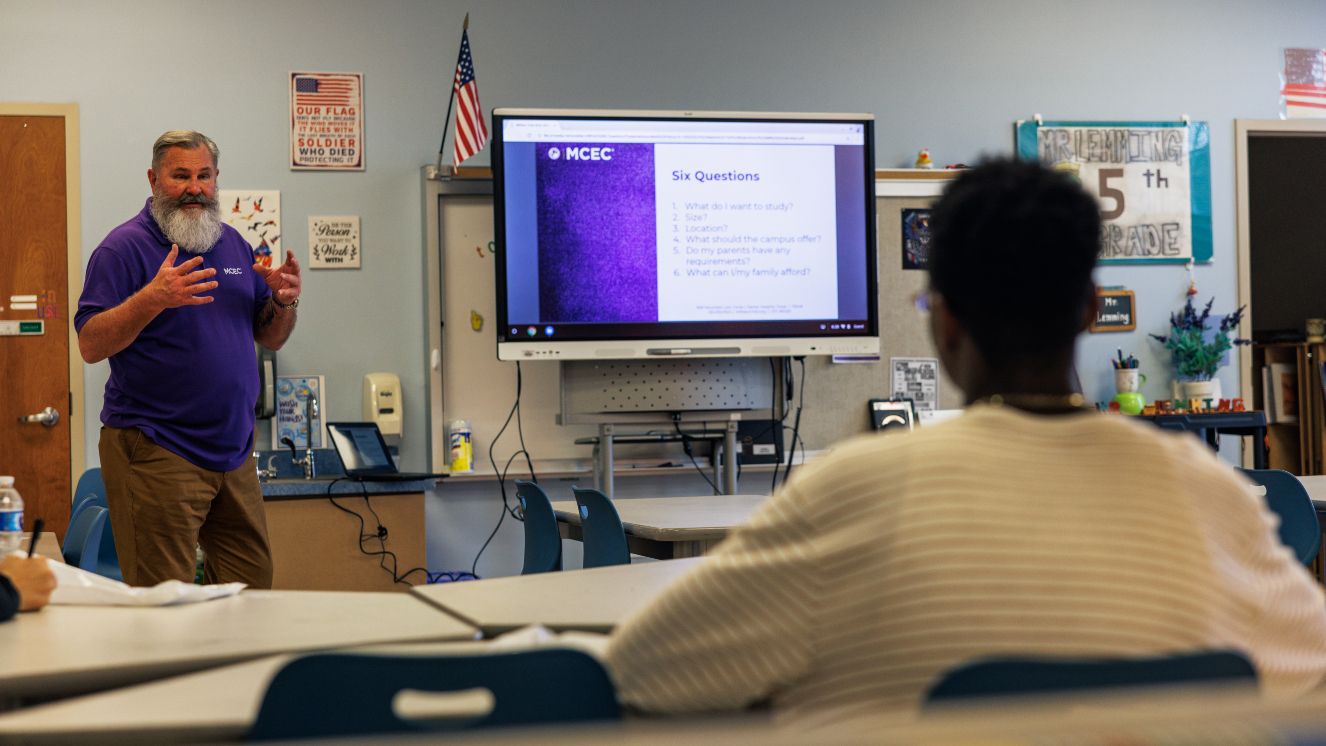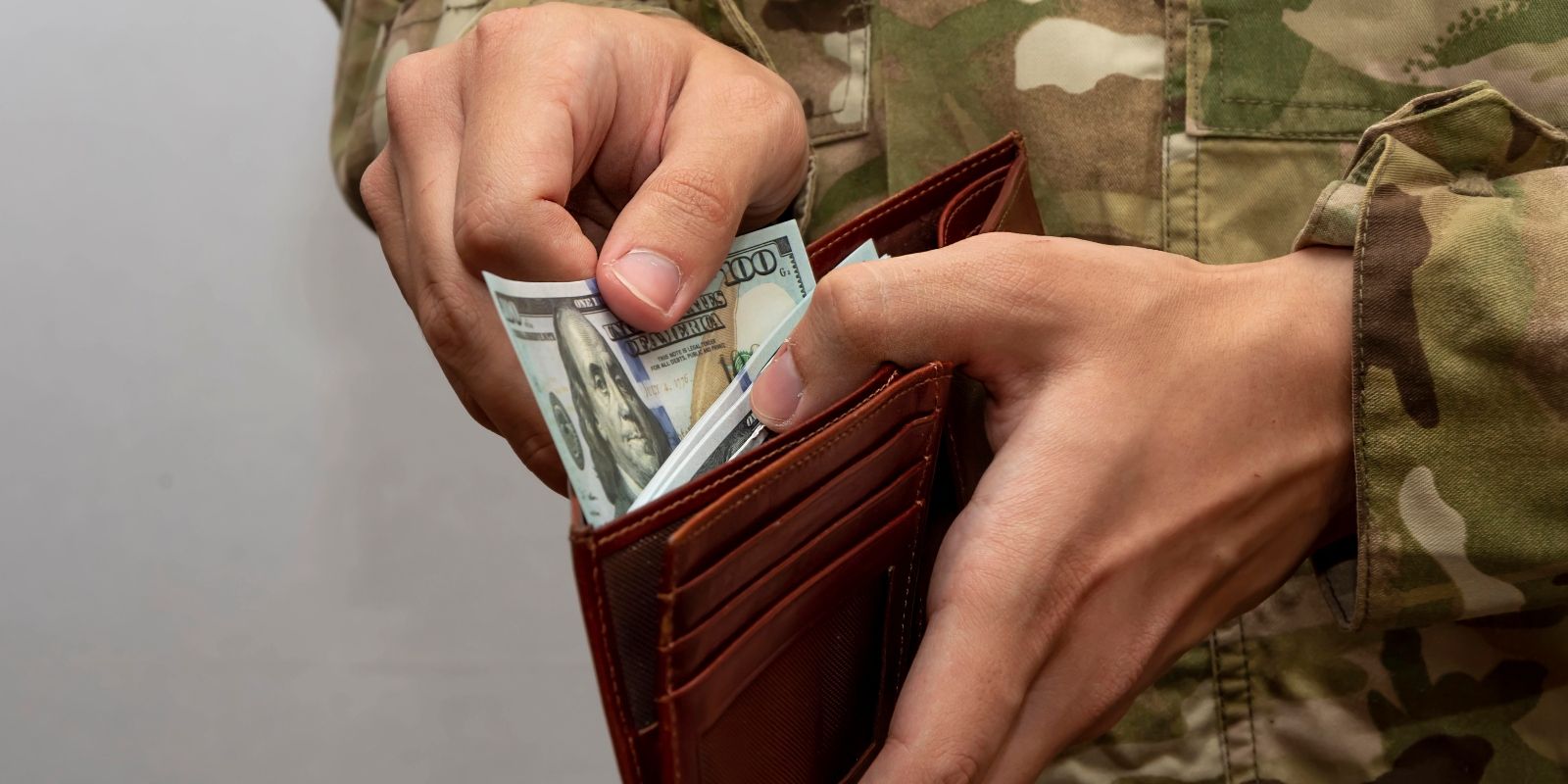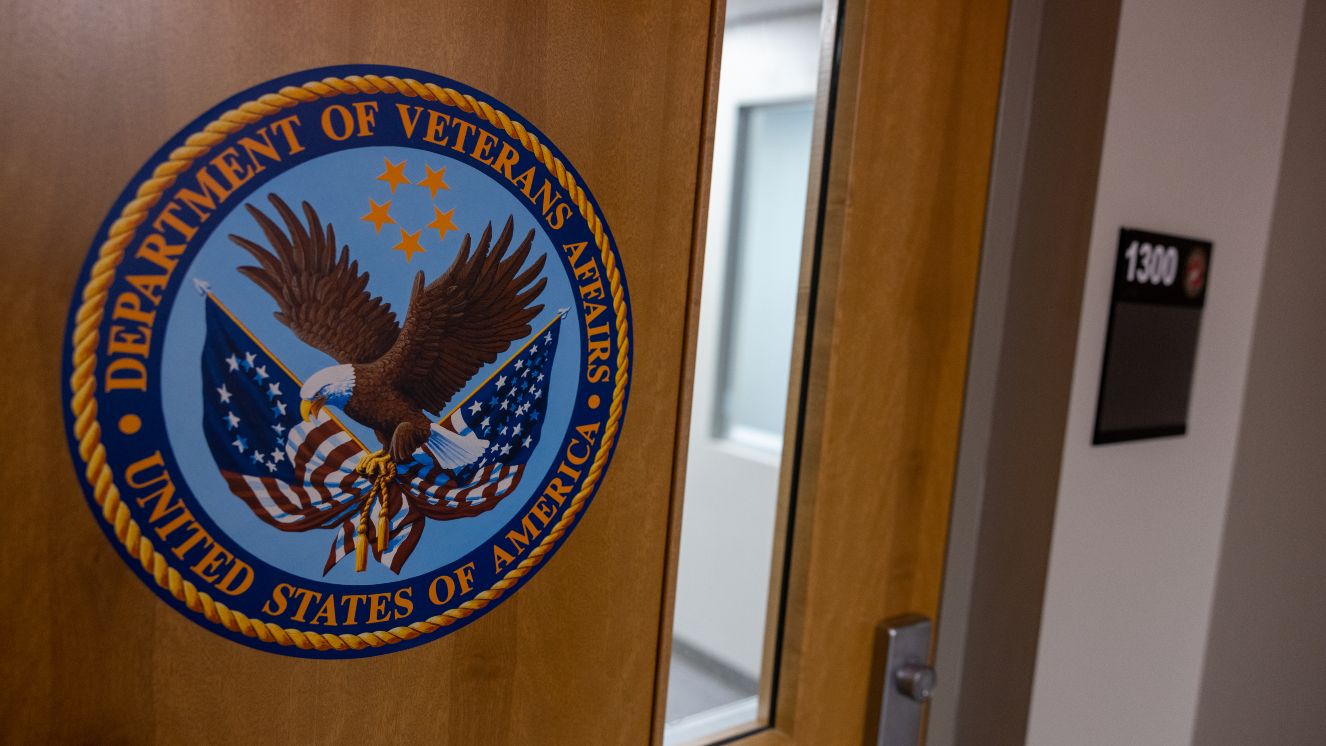PSYCHEDELIC-ASSISTED THERAPY FOR PTSD IN VETS IS ON THE RISE
COMMENT
SHARE

Military service is not for the weak. It’s filled with physical and mental challenges, and many military personnel come away from it with physical and mental scarring. In the past 50 years, about 20-30% of all Veterans have had PTSD. While there are sources for PTSD management, many of those resources just don’t work for some. Veterans sometimes seek alternative ways to treat their PTSD, such as medicinal marijuana or even microdose mushrooms. PTSD is no joke, and it can significantly damage someone’s life if they try to cope by abusing things like drugs and alcohol. However, recent studies have shown that psychedelic-assisted therapy for PTSD has had incredibly positive effects on patients. Keep reading to learn more about how psychedelics might be a new solution for those suffering from PTSD. See more:Exploring Viable Treatments for PTSD in Veterans
Background on Psychedelic-Assisted Therapy for PTSD
Psychedelic therapy is not a new thing. Shamans and medicine men have been using psychedelics since ancient times. But in Western medicine, the use of psychedelics really took off in the 50s. Swiss chemist Albert Hoffman discovered the psychoactive effects of LSD in 1943, which launched the distribution of LSD to researchers in 1947. (If you don’t know what “psychoactive” means, it means that LSD affects the way the brain works, causing a change in mood, behavior, thoughts, and feelings.) Extensive research was conducted in the 50s and 60s on the psychoactive effects of psychedelic drug therapy during chemotherapy and psychotherapy. The findings showed very positive results; patients struggling with severe alcoholism found success in using guided psychedelic therapy as treatment. However, the studies conducted then do not meet the same methodological standards that a modern-day test would. It was also in the 60s that concerns about psychedelics began surfacing. In the 70s, all medicinal studies on the use of psychedelics were banned in the U.S. by the Controlled Substances Act. The Drug Enforcement Administration (DEA) put LSD in the “Schedule I” category, meaning that they classified LSD as an addictive substance likely to be abused. But that didn’t stop psychedelic therapy. It continued in several underground circles, still under the guidance of therapists. A resurgence occurred in the 2000s. As science and technology have advanced throughout the years, it’s become easier to study the side effects of psychoactive drugs on the brain. Despite this, many countries across the world still classify LSD and other psychoactive drugs as illegal. Most of the recent studies done in the U.S. on psychedelic-assisted therapy for PTSD and other illnesses have been conducted with MDMA (known as ecstasy or molly) and psilocybin (A.K.A. shrooms), but some have used ayahuasca and LSD.
Psilocybin: PTSD Treatment Testing
So, what actually is psychedelic therapy? Essentially, psychedelic therapy uses psychedelic drugs like LSD, MDMA, psilocybin, and ayahuasca to treat mental health disorders like PTSD, depression, and anxiety. Just recently, 1,000 neuroscientists gathered together in San Diego for the Society for Neuroscience to discuss psychedelics. No, they didn’t group up and take LSD and have a party. They discussed the research around psychedelic-assisted therapy for PTSD and other mental disorders, as well as their own findings with psychedelic therapy. Alex Kwan, a biomedical engineer at Cornell, discussed his findings with the group of brainiac scientists. He said that shrooms, or at least the psilocybin in shrooms, have been shown to alter the dendrites in the brains of mice. Dendrites are branch-like appendages that reach out from nerve cells to receive communications from other cells. Dendrites create these connections with dendritic spines. With the psilocybin, the dendritic spines increased by 10%. This means that the cells in the mice were able to form new connections. Essentially, their brains were rewired. The rewiring means that the plasticity of the was brain elevated, allowing the brain to learn and adapt better. This rewiring happened with just one dose of psilocybin, and it lasted for over a month for the mice. This rewiring process is why psilocybin and other psychedelics are being researched and used for things like psychedelic-assisted therapy for PTSD in Veterans. These psychedelics and the research surrounding them could change modern medicine. Just one dose can have a long-lasting effect on things like PTSD, anxiety, and depression.
Cons of Psychedelic-Assisted Therapy
Though shrooms have been shown to have a positive effect on patients, there are also cons to consider. Psychedelics will often cause nausea and hallucinations that can be frightening for patients. Dr. Gitte Knudsen, a neurologist from the University of Copenhagen in Denmark, discussed how psychedelic-assisted therapy for PTSD and other mental illnesses can be very overwhelming for patients, even if they are well-prepared for the possible hallucinations and other side effects. She said that many of her patients were blown away by the psychedelic experience but didn’t want to come back for another session.
Where Is Psychedelic Therapy Legal?
If you’re seeking psychedelic-assisted therapy for PTSD, there are only a handful of states available for the legal use of it. You could Google “psychedelic-assisted therapy near me,” or you could just check out this link here to see a map of where it’s legal. In Oregon, psilocybin and ketamine are completely legal for the use of psychedelic-assisted therapy for PTSD. However, in pretty much every other state, it’s still considered illegal to an extent.
Psychedelic-Assisted Therapy Training
If you’re a therapist and you want to get certified in psychedelic-assisted therapy for PTSD and other mental illnesses, there are dozens of universities and organizations that offer training and certificates to become certified in psychedelic therapy. With all the research and testing around the use of psychedelic-assisted therapy for PTSD, the stigma surrounding it is beginning to go away. Studies have shown that psychedelics can have a hugely positive impact on those with mental illnesses, such as PTSD, anxiety, depression, and more. Though intimidating, it’s a legitimate way to rewire your brain. If you’re seeking PTSD treatments and nothing has worked, this might be a good option for you to look into. See more:Marijuana for Pain Relief: Pros and Cons for Veterans & the VA’s Thoughts
DISCLAIMER: This is not medical advice. VeteranLife does not claim to be a medical or mental health organization. Before starting any new treatment plans, discuss options with a medical professional.
Join the Conversation
BY OLIVIA RIGBY
Olivia Rigby is a Contributing Writer at VeteranLife.com.
Olivia Rigby is a Contributing Writer at VeteranLife.com.



